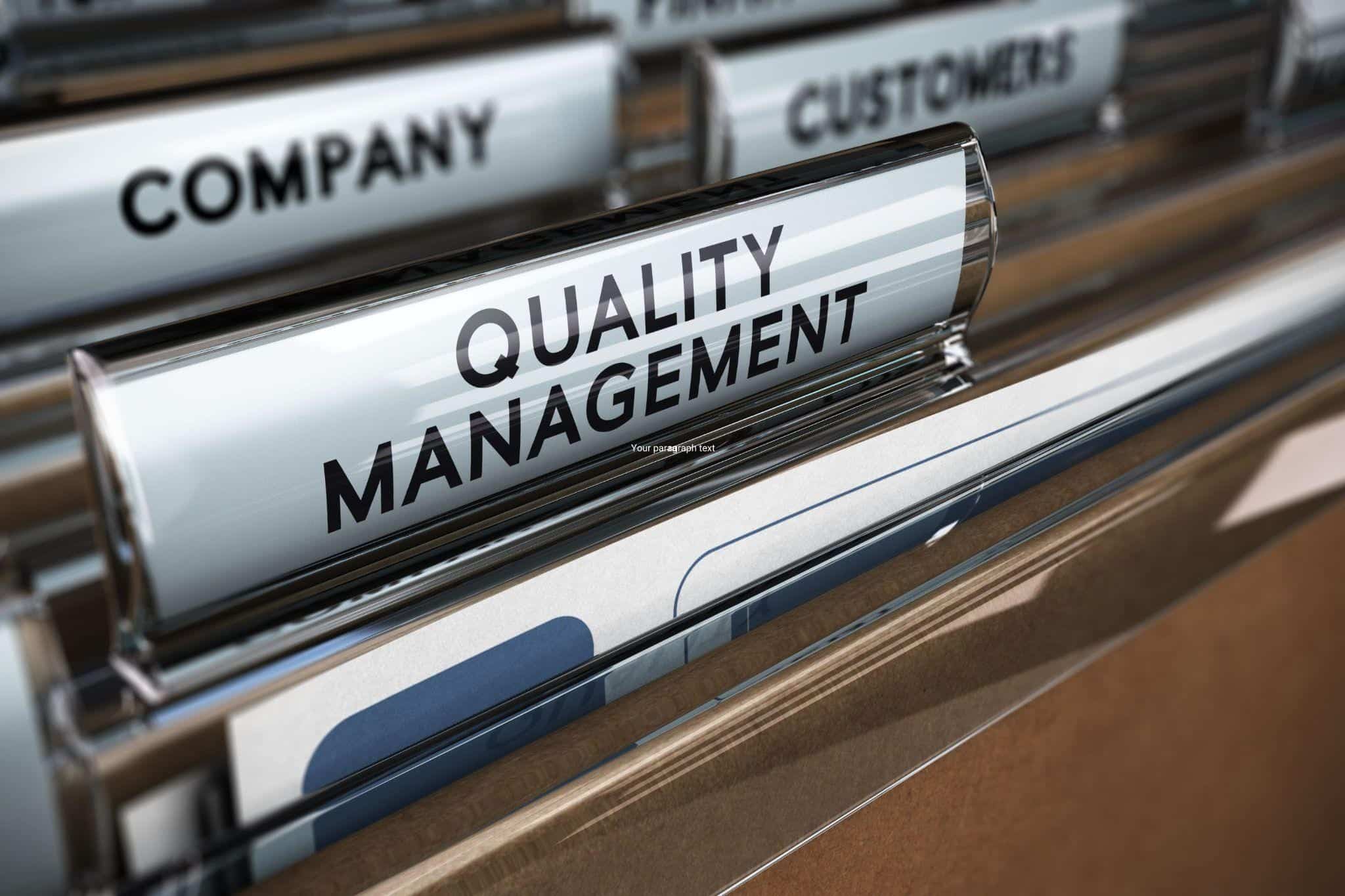Building Systems for a Successful Business Exit

Running a business is an exhilarating journey that requires immense dedication, hard work, and strategic planning. As an entrepreneur, it’s important to consider how to build and grow your business so that it can continue to thrive. One thing many people neglect to think about, though? Creating a successful exit strategy.
No matter how big or small your business is, eventually you won’t be the one in charge of it. Whether you plan to sell your business, pass it on to a family member, or transition to new ventures, a well-designed business exit planning system is crucial for maximizing value and ensuring a smooth transition.
Steps Toward Building a Roadmap to Success
You probably already know the importance of of implementing systems for your business. Embracing well-designed systems can revolutionize its operations, leading to enhanced productivity and profitability.
A significant portion of your business can function seamlessly by implementing robust systems. With minimal business supervision, you can step back and adopt a more strategic and intelligent approach to business ownership. Developing and refining your systems may require time and a willingness to learn from mistakes, but the benefits are incredibly valuable.
Exit planning is no different. Creating an exit planning system Creating efficient processes and reducing dependence on specific individuals can ensure a smoother transition and secure a better purchase price and more favorable terms.

What kinds of things should be a part of your system?
- Define Your Exit Objectives. Before embarking on any exit planning journey, define your personal and financial objectives. Ask questions like: What is the timeframe for my exit? Do I want to maintain a role in the business post-exit? By clarifying your objectives, you can align your exit strategy accordingly.
- Assess the Business Value. Determine the current value of your business. This evaluation should consider your financial statements, assets, market trends, and potential growth opportunities. Seeking professional assistance from business valuators or consultants can ensure an accurate assessment and provide valuable insights into areas of improvement that could enhance your business’s value.
- Develop a Succession Plan. If your exit strategy involves transferring the business to a family member, key employees, or a successor, a solid succession plan is essential. Identify and groom potential successors, provide them with the necessary training and mentorship, and establish a clear timeline for the transition. A well-structured succession plan minimizes disruptions, maintains business continuity, and maximizes the value of your business.
- Build a Strong Management Team. A key component of a successful business exit planning system is the presence of a competent management team. Invest in recruiting, training, and retaining top talent who can seamlessly take over the reins when you exit. A well-rounded management team instills confidence in potential buyers or investors.
- Establish Legal and Tax Structures. Seeking legal and tax advice is crucial when designing your business exit plan. Understand the legal and tax implications of different exit strategies, such as selling shares or assets, merging with another company, or going public.
- Continuously Monitor and Adapt. Exit planning is not a one-time event; it requires ongoing monitoring and adaptation. Regularly review and update your exit plan as market conditions, business performance, and personal circumstances evolve. Stay informed about industry trends, regulation changes, and emerging opportunities that could impact your exit strategy
[READ TRANSCRIPT]
Today, we are wrapping up the discussion on exit planning. Prior to this time, we’ve covered what is it, why you should care, what goes into it in the way of high-level legal, financial, and just organization. We talked about deal points in the following video that you might want to see as a buyer and you might not want to see as a seller and how they do this. And believe it or not, good collaborative attorneys can make a better deal than one good one, one bad one, or one collaborative, one uncollaborative one, or none at all.
Today’s video, we’re going to talk about a really important point. We’re talking about exiting a business and making it shiny and attractive to a buyer to get both a better price and more favorable terms. We’ve alluded to that many times at this point. Building on that, I wanted to mention that when we’re talking about a business transitioning and keeping people staying on to help it transition, it’s really important to start thinking about this in advance. Because if you’re the business, if you’re it and you go on vacation or you’re sick, your business is going to slow down to a halt, and that decreases your value.
If you have some people and the business runs but it doesn’t run as well, that decreases your value, but less decreases. And if you have a business that’s not as dependent on you, where you could step away for a few weeks and it runs well, then that is much more attractive to a buyer because it’s not dependent on anyone or anything.
And that brings us to the discussion of systems. And it’s important to talk about systems for two reasons. One is because you can’t just do this overnight. And two, it’s really going to get you a better purchase price and more favorable terms.
So what does systems mean? It means you’re thinking about your processes from start to finish., How you attract clients, how you acquire clients, what medium you’re doing that effectively, how it gets into your CRM system, how work is done, who’s working on them, is it software – all flowing through a software program, how it’s going through the process of work, and how the post-conclusion of work is being done.
Whether it’s a lawyer who has clients going through the office from start to finish or a plumber, it doesn’t matter. It’s all the same thing. It’s a business with systems. It has people, software processes. And the more you can build these processes so that you could say, “Here buyer, here’s our business, here’s how it works, here’s the operation manual, here’s who does what.”
And the more you can make yourself less dependent – in other words, the more you can build the more you can make the business run without you or without key people dramatically will impact your purchase price and your favorability of terms because that’s really attractive to a buyer.
You cannot do that overnight. And it’s important to start thinking about that now so you can get all these things we talked about in terms of exit planning done. Legal, financial, organization, systems. And once that’s all done – I would say three to five years is a great starting point – you really can start to think about selling your business for maximum value.
Obviously, there’s other factors that are in play here, like the economy, interest rates going up, which they are now, which makes the cost of money more expensive to borrow to buy a business. If we’re in a recession or a boom. Obviously, these things are going to affect the business sale process, and you may not get as great of a price, but you’re going to get a better price with the things that I’m telling you than if you don’t do them.
Give it some thought. Make sure you’re not trying to sell overnight. Certainly, if you inherit a business in an estate or an inheritance, don’t just try to sell it right away because you’re not going to have these things buttoned up and your family is going to pay for it.
I hope you found this series helpful on exit planning. There’s more to come. But thank you for stopping by and stay tuned for more.
While the timing and external factors such as the economy and interest rates can impact the business sale process, focusing on building effective systems remains within your control. By investing time and effort into streamlining your processes, documenting operations, and reducing dependence on key individuals, you lay a solid foundation for a successful exit.

This is not an overnight endeavor, and it is wise to start thinking about it well in advance. Carefully consider your unique circumstances and embark on enhancing your business’s value for maximum returns.
Want to learn more about how exit planning systems can benefit your business? Contact Haimo Law today.